MercoPress. South Atlantic News Agency
Tag: Central Bank of Brazil
-
Tuesday, December 1st 2015 - 07:35 UTC
Brazil's economy expected to further contract, according to the Central bank
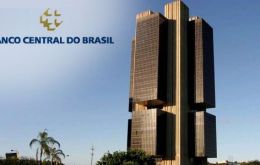
Analysts expect Brazil's economy to contract by 3.19% this year, with inflation hitting 10.38%, the Central Bank said Monday. GDP and inflation estimates come from the Boletin Focus, a weekly Central Bank survey of analysts from about 100 private financial institutions on the state of the national economy.
-
Thursday, November 26th 2015 - 08:18 UTC
Poor report on Rousseff's performance from Brazil's central bank forecast

Analysts expect Brazil's economy to contract by 3.15% this year and 2.01% in 2016, the Central Bank reported. The gross domestic product (GDP) estimate comes from the Boletin Focus, a weekly Central Bank survey of analysts from about 100 private financial institutions on the state of the national economy.
-
Thursday, November 12th 2015 - 08:16 UTC
Brazilian ex-central bank orthodox president is back on stage called by Lula da Silva
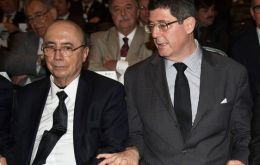
Brazil's former central bank chief Henrique Meirelles said on Wednesday he was not invited to take over the finance ministry and insisted the government needs to push ahead with unpopular austerity measures to pull the economy out of recession.
-
Tuesday, November 10th 2015 - 07:13 UTC
Brazilian economy forecasted to contract 3.10%, says central bank survey
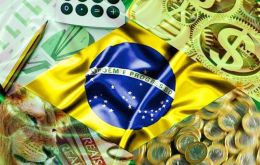
Brazil's economy will contract by 3.10% this year, with the inflation rate hitting 9.99%, the Central Bank said Monday, citing its weekly survey of private sector economic analysts. Last week, analysts said they expected Brazil's economy to contract by 3.05% this year and the inflation rate to be 9.91%.
-
Friday, November 6th 2015 - 09:26 UTC
Brazil central bank moves 4.5% inflation target timeframe to 2017
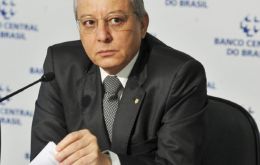
The Brazilian central bank will take the necessary measures to bring inflation back to the 4.5% target in 2017, bank director Altamir Lopes, said on Thursday. It is the first time the bank has given a timeframe for reaching the center of its official target range after it dropped its outlook to meet this goal late 2016 due to a weaker Brazilian currency.
-
Wednesday, November 4th 2015 - 23:02 UTC
Brazil's industrial output falls for a fourth straight month in September; 10.9% in twelve months

Brazil's industrial output fell for a fourth straight month in September as automakers, metal producers and other manufacturers were hit by a worsening recession, government data showed on Wednesday. This follows the Brazilian central bank's announcement on Tuesday that the economy in 2015 would shrink over 3% with inflation almost at 10%.
-
Thursday, October 22nd 2015 - 07:09 UTC
Brazil leaves Selic rate unchanged at 14.25%; inflation the target but with no timetable
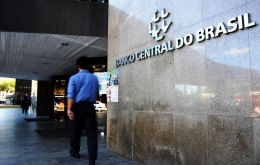
Brazil's central bank kept interest rates on hold on Wednesday, for a second straight month despite a jump in inflation expectations. The decision not to raise rates will give a breather to President Dilma Rousseff, who is fighting for her political survival amid the country's worst economic and political crisis in 25 years.
-
Monday, October 19th 2015 - 07:11 UTC
Economic activity in Brazil plunges 4.47% in the last twelve months to August
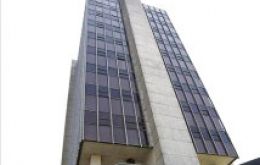
Economic activity in Brazil fell for a third straight month in August, Central Bank data showed, adding to evidence of a steeper-than-expected recession in the country. The figures were unveiled on the same day the government dismissed rumors over the resignation of Finance Minister Joaquim Levy.
-
Thursday, October 8th 2015 - 12:08 UTC
Brazil's inflation eases in September but still too close to two digits
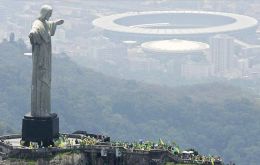
Inflation in Brazil has eased for second consecutive month, which takes some pressure of the central bank to hike rates further. The Real has also gained pace last month after the central bank promised to do whatever it takes to stem the Brazilian currency's slide. The Real has strengthened to 3.84 per dollar after touching new all-time high of 4.247 per dollar only a couple of weeks ago.
-
Monday, September 28th 2015 - 10:35 UTC
Brazil has sufficient reserves, but Rousseff concerned about companies with dollar debts

Brazil President Dilma Rousseff cited the nation's foreign currency reserves as a backstop to excessive volatility and weakness in the Brazilian Real.
